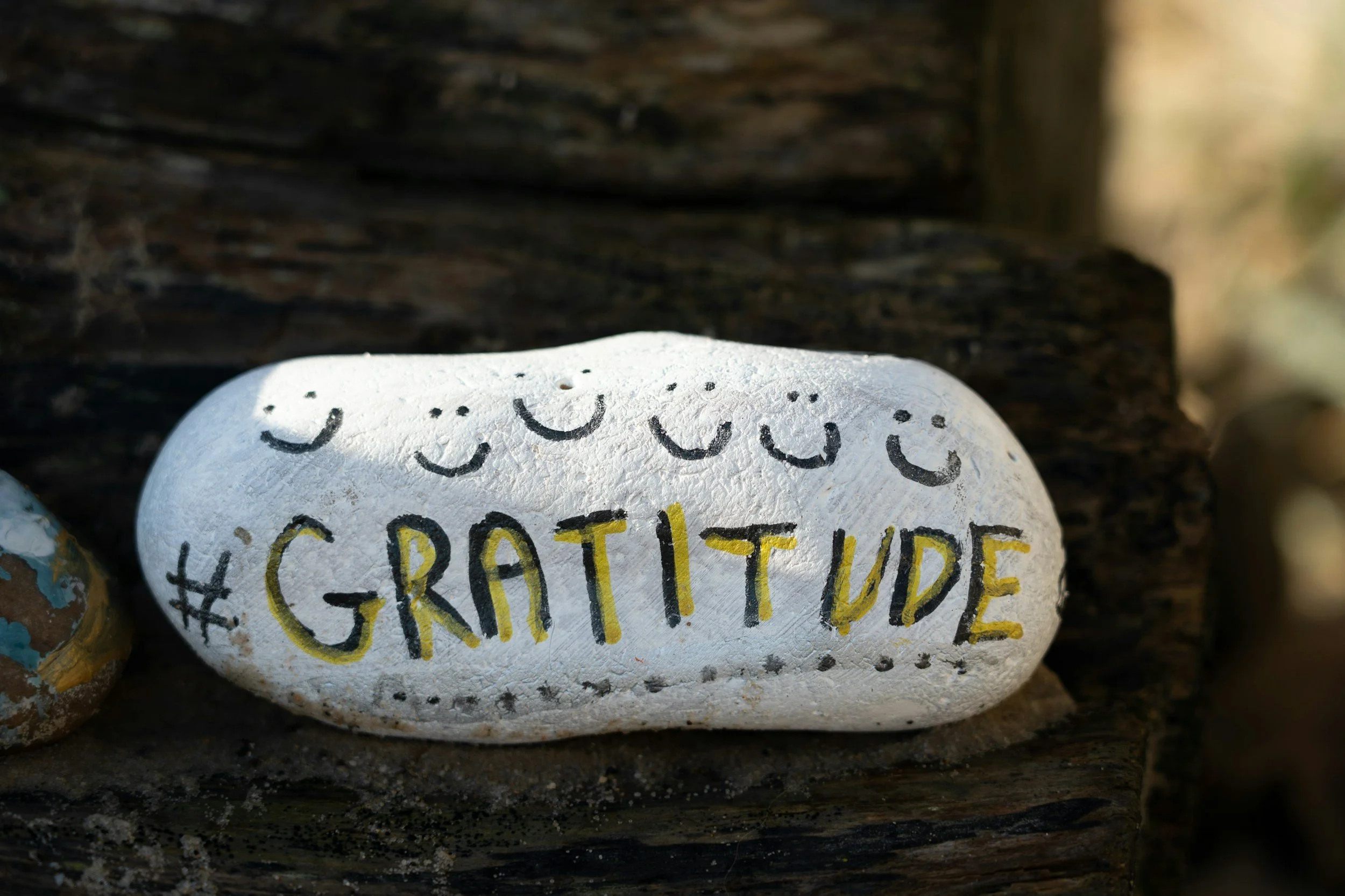Gratitude Wins. Every Time.
"People will forget what you said, forget what you did, but never forget how you made them feel." – Maya Angelou
In academic pharmacy, the pace is relentless—accreditation deadlines, clinical site challenges, full inboxes, and the daily demands of teaching and research. With so much urgency, one leadership habit is often sacrificed first: gratitude.
Yet the leaders who build strong cultures and energize their teams share one simple discipline—they pause long enough to notice and acknowledge the people who make the work possible.
Gratitude isn’t a soft skill. It’s a strategic leadership advantage.
Research from Harvard Business Review shows that appreciation increases initiative and resilience. Gallup finds that meaningful recognition makes employees 2.7x more likely to be highly engaged and 5x more likely to stay.
In academic pharmacy—where burnout is real and change fatigue runs deep—gratitude doesn’t just feel good. Gratitude drives engagement and engagement drives results.
Here are three ways gratitude elevates leadership and accelerates impact:
1. Gratitude Makes People Feel Seen.
Key Idea: People don’t leave institutions. They leave environments where they feel invisible. Leadership expert, Patrick Lencioni, reminds us that being “known, heard, and valued” is a basic human need inside teams. Recognition links purpose to contribution.
Try This:
Replace generic “thank you emails” with specific recognition tied to impact.
“Your revision strengthened the accreditation narrative.”
“Thanks to your innovation, our students are better prepared for rotations.”
“Your extra effort solved a problem that could have derailed progress.”
Example:
A faculty member stays late to secure a new IPPE community site. Instead of a quick email, the department chair recognizes her effort during a faculty meeting—connecting the action to strategic value: “Because of Dr. Patel’s outreach, 14 students now have placements in a community site that aligns with their interests in underserved care.”Gratitude turns effort into meaning.
2. Gratitude Unlocks Psychological Safety
Key Idea: Google’s Project Aristotle revealed that psychological safety is the #1 predictor of team excellence. And gratitude creates that safety. Gratitude tells people: You contribute. Your effort matters. Your voice matters. When faculty feel appreciated, they take risks, speak up in meetings, and explore innovation instead of protecting the status quo.
Try This:
Start meetings with a one-minute gratitude round:
“Who made your work easier this week?”
“Whose contribution deserves recognition?”
This single practice shifts the culture from defensive to collaborative.
Example:
A leadership team pilots a monthly “Gratitude Spotlight” to recognize people who solved an operational challenge or supported student success. In three months, meeting engagement increases, and faculty report feeling more connected to the mission. Gratitude opens the door to courage. Courage opens the door to innovation.
3. Gratitude Transforms Culture
Key Idea: Peter Drucker reminds us that “culture eats strategy for breakfast.” Gratitude is the fastest way to influence culture—especially under stress. Instead of focusing on what’s broken, gratitude focuses on what's working.
Try This:
When a challenge hits—accreditation findings, enrollment shifts, clinical site disruptions—pause to recognize progress:
“Here’s what’s still strong.”
“Here’s what we’ve built together.”
“Here’s what we know we can do.”
Example:
During a heavy accreditation cycle, a dean sends weekly “gratitude briefs” highlighting specific wins—course improvements, faculty collaboration, student professionalism outcomes. The team reports higher morale and lower burnout. Gratitude doesn’t remove pressure. It reframes it.
Final Thoughts:
Gratitude is not a feel-good add-on. It’s a leadership discipline. It elevates engagement. It strengthens culture. It accelerates results. And in academic pharmacy—where people are the strategy—gratitude may be the most underutilized leadership tool we have. Because when leaders practice gratitude, people don’t just work harder. They work with heart.
Next Steps to Lead With Gratitude:
Looking to build a stronger culture of engagement, recognition, and performance? EduLead offers leadership coaching and workshops to help teams strengthen alignment, morale, and momentum. Let’s build a culture where people feel seen, valued, and inspired.
#AcademicPharmacy, #PharmacyLeadership, #FacultyDevelopment, #EduLead, #PharmacyEducation, #ProfessionalCoaching, #ExecutiveCoaching

